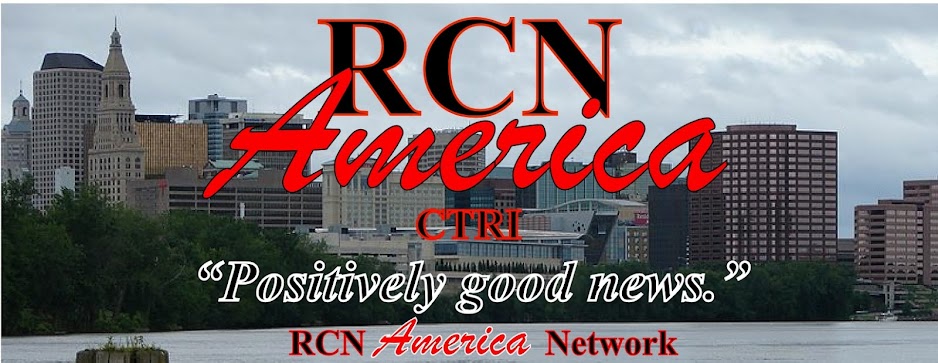RHODE ISLAND, June 10 - PROVIDENCE, RI – The no-contact advisory on the Blackstone River that the Department of Environmental Management (DEM) announced June 5 because of partly treated wastewater being discharged by the Woonsocket Regional Wastewater Treatment Facility will continue as the plant's operators correct ongoing unpermitted discharges, DEM is announcing today.
As a precaution, DEM advises that residents temporarily refrain from both primary
contact recreational water activities (such as wading and swimming) and secondary contact activities (such as canoeing, kayaking, rowing, and fishing) and to avoid consuming any fish from the Blackstone River and any waters that receive flow from the Blackstone River, including but not limited to the Blackstone Canal and Scott Pond, from the location of the discharge, at 11 Cumberland Hill Road in Woonsocket, to the Slater Mill Dam in Pawtucket (see map above). This advisory is in effect until further notice.The treatment facility is owned by the City of Woonsocket, which contracts the operations and maintenance of the plant to Jacobs, a Texas-based consulting and engineering firm, and related sludge treatment systems to Synagro Technologies Inc. headquartered in Baltimore. As the state regulator of wastewater treatment facilities, DEM continues to investigate the causes of the discharges. DEM's inspection team has been on site daily investigating process and equipment failures that may have resulted in the loss of full treatment, as well as to observe the steps being taken by the city and its vendors to ensure a return to permit compliance. DEM issued letters of noncompliance to the facility in November 2021 and March 2022 regarding operations and maintenance concerns. The facility treats between six and eight million gallons of sewage from Woonsocket and nearby areas daily. Sewage from city residents as well as its commercial and industrial establishments is continually collected and conveyed underground to the treatment facility, which removes pollutants in accordance with its state discharge permit before that water can discharged to the Blackstone River.
At DEM's direction, plant personnel are continuing to take samples upstream and downstream of the plant outfall for analysis. After the June 5 no-contact advisory went into effect, a DEM crew collected water samples at a series of 20 locations in the estuarine portion of the Providence and Seekonk Rivers from just below Slater Dam south to Conimicut Point. Analysis of these samples indicated that fecal coliform bacteria levels in the Seekonk River were not elevated and that the discharge was not adversely affecting the water quality of shellfish grounds in the lower Providence River and Upper Narragansett Bay. (Please note: Lower Providence River E conditional shellfish area is closed from 12 PM on June 4 to PM on June 16 due to rain. This is a routine rain closure.)
For more information about DEM divisions and programs, visit www.dem.ri.gov or follow us on Facebook, Twitter (@RhodeIslandDEM), or Instagram (@rhodeisland.dem) for timely updates.

No comments:
Post a Comment